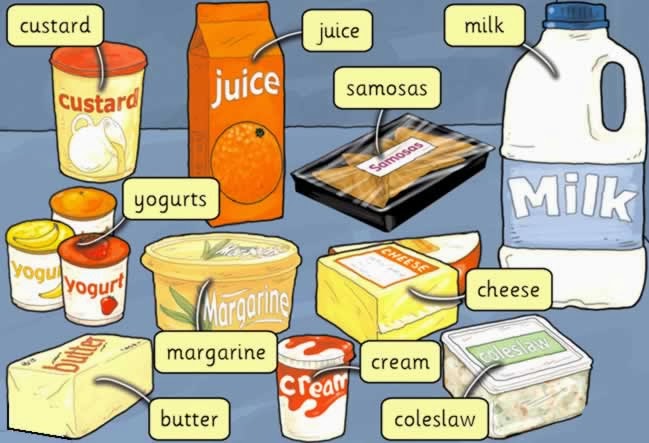Although substances are usually uncount nouns...
Would you like some cheese?
Coffee keeps me awake at night.
Wine makes me sleep.
Coffee keeps me awake at night.
Wine makes me sleep.
... they can be also used as count nouns:
| I’d like a coffee please. | = | I’d like a [cup of] coffee. |
| May I have a white wine. | = | May I have a [glass of] white wine. |
| They sell a lot of coffees. | = | They sell a lot of [different kinds of] coffee. |
| I prefer white wines to red. | = | I prefer [different kinds of] white wine to red. |
| They had over twenty cheeses on sale. | = | They had over twenty [types of] cheese on sale. |
| This is an excellent soft cheese. | = | This [kind of] soft cheese is excellent. |
2: Some nouns have both a count and an uncount form:
We should always have hope.
George had hopes of promotion.
Travel is a great teacher.
Where did you go on your travels?
George had hopes of promotion.
Travel is a great teacher.
Where did you go on your travels?
3: Nouns with two meanings
Some nouns have two meanings, one count and the other non count:
His life was in danger.
There is a serious danger of fire.
There is a serious danger of fire.
Linguistics is the study of language.
Is English a difficult language?
Is English a difficult language?
It’s made of paper.
The Times is an excellent paper.
The Times is an excellent paper.
Other words like this are:
| business | death | industry | marriage | power | property |
| tax | time | victory | use | work |
4: Uncount nouns that end in -s
Some uncount nouns end in -s so they look like plurals even though they are singular nouns.
These nouns generally refer to:
| Subjects of study: | mathematics, physics, economics, etc. |
|---|---|
| Activities: | gymnastics, athletics, etc. |
| Games: | cards, darts, billiards, etc. |
| Diseases: | mumps, measles, rabies, etc. |
Economics is a very difficult subject.
Billiards is easier than pool or snooker.
5: Group nouns
Some nouns, like army, refer to groups of people, animals or things, and we can use them either as singular nouns oras plural nouns.
| army | audience | committee | company | crew | enemy |
| family | flock | gang | government | group | herd |
| media | public | regiment | staff | team |
We can use these group nouns either as singular nouns or as plural nouns:
- My family is very dear to me.
I have a large family. They are very dear to me. (= The members of my family…) - The government is very unpopular.
The government are always changing their minds.
Sometimes we think of the group as a single thing:
- The audience always enjoys the show.
- The group consists of two men and three women.
Sometimes we think of the group as several individuals;
- The audience clapped their hands.
- The largest group are the boys.
The names of many organisations and teams are also group nouns, but they are usually plural in spoken English:
- Barcelona are winning 2-0.
- The United Oil Company are putting prices up by 12%.
6: Two-part nouns
A few plural nouns, like binoculars, refer to things that have two parts.
| glasses | jeans | knickers | pincers | pants | pliers |
| pyjamas | scissors | shorts | spectacles | tights | trainers |
| trousers | tweezers |
These binoculars were very expensive
Those trousers are too long.
Those trousers are too long.
To make it clear we are talking about one of these items, we use a pair of …
I need a new pair of spectacles.
I’ve bought a pair of blue jeans.
I’ve bought a pair of blue jeans.
If we want to talk about more than one, we use pairs of … :
We’ve got three pairs of scissors, but they are all blunt.
I always carry two pairs of binoculars.
I always carry two pairs of binoculars.







.jpg)































